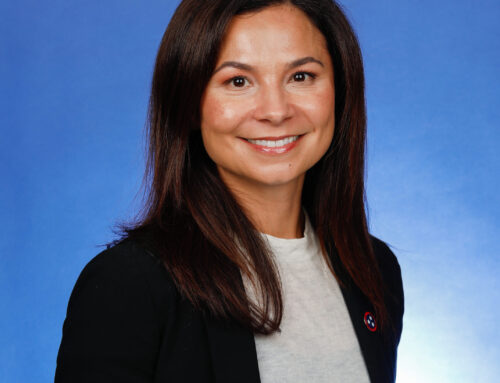Inquiries went unanswered at Office of Open Records Counsel, audit shows
The Office of Open Records Counsel, which lost its full-time director in 2014, had a mounting backlog of 603 inquiries dating back 18 months in September, according to an audit by the state comptroller released yesterday.
“Based on procedures performed, due to lack of resources, the Office of Open Records Counsel is currently experiencing a significant backlog in reviewing and responding to open records inquiries,” according to the audit, which was performed July through September.
The number of inquiries not reviewed totaled 380. The number where research was in progress totaled 223. Most inquiries received by the office come from ordinary citizens, followed by government officials and journalists. About 43 percent of the unanswered inquiries documented by the office dated back at least 6 months.
“Given the increasing requests for assistance from the public and others, the Office of Open Records Counsel’s inability to provide expeditious responses could impede the office’s mission to provide critical information to citizens, media and government officials regarding public records and open meetings,” the audit said.
The office’s full-time Open Records Counsel, Elisha Hodge, left the office to take another job in October 2014. Ann Butterworth, the Assistant to the Comptroller for Public Finance, took over the job, splitting her time between the office and her current job. A legislative legal assistant also assists part-time. The Office of Open Records Counsel is part of the Comptroller’s office.
Read The Tennessean’s story: Audit finds long delays for public records assistance
Read audit: Performance Audit Report
Butterworth told auditors that multiple factors contributed to the backlog, including a spike in inquiries, lack of staffing and limitations of a database used to track inquiries.
The number of inquiries to the office has grown from about 600 in 2008 to more than 1,800 annually. Also, she said the database needed improvements to better track duplicates or resolution.
The audit recommended that the Open Records Counsel “consult with the General Assembly and other stakeholders to solidify timeliness expectations for processing both inquiries requiring informal advisory opinions and ones that do not.”
It also suggested that the Comptroller evaluate staffing options and that improvements be made to the database.
“Finally, we urge the Open Records Counsel to calculate response times at least quarterly and share her analysis with the Comptroller of the Treasury, so that information is expeditiously communicated to those who seek assistance.”
The objective of the audit was to determine whether inquiries were answered “as expeditiously as possible.”
Other functions of the office were not analyzed. For example, the office also issues informal advisory opinions, which are on the Office’s website and serve as a way to provide clarity about the law. The number of advisory opinions has dropped precipitously from 14 in both 2008 and 2009 to only one this year.
The office also is authorized by law to provide informal mediation when disputes arise between a citizen and government official. No data has been provided, or is required, in the ORC’s annual report to the General Assembly on mediation.
As the backlog grew, Butterworth took on another project this summer to study proposed legislation that would allow new fees be charged citizens who want to inspect public records. The office held three public hearings in September, and surveyed government officials. Butterworth is expected to deliver a report to the General Assembly on the issue in January.


